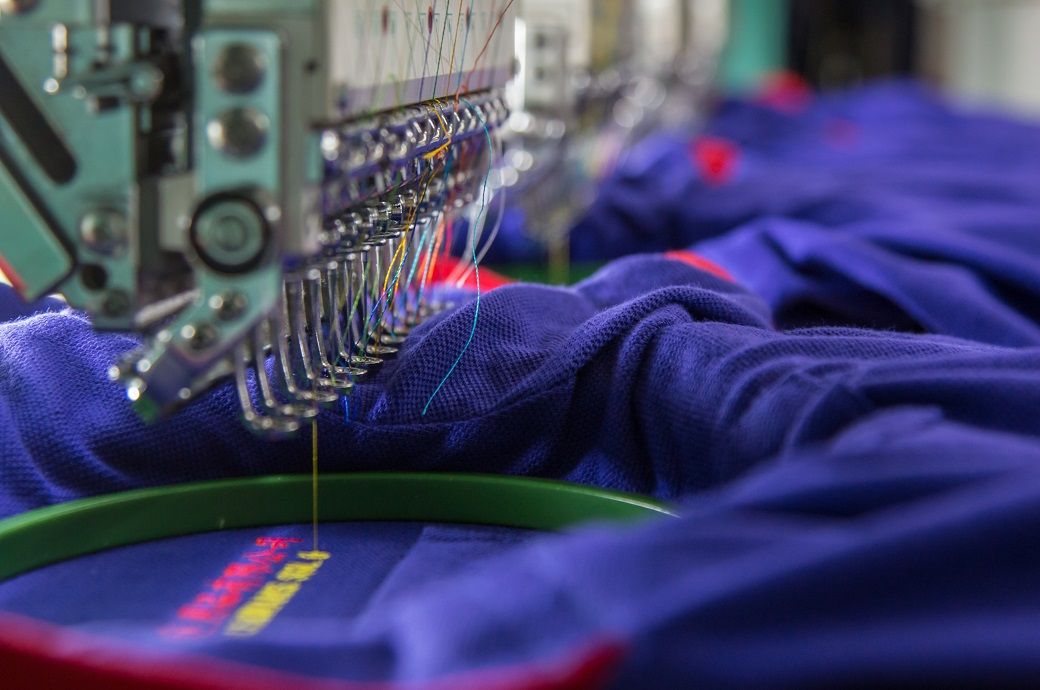
The higher minimum wage in Turkiye added to company cost pressures, according to the ‘Istanbul Chamber of Industry Turkiye PMI Manufacturing Index’ report by S&P Global and the Istanbul Chamber of Industry.
Both output and new orders moderated to much lesser extents than seen in December as some firms pointed to signs of demand improving. Output eased to the least degree in 14 months, while the slowdown in new orders was the softest in the current sequence of moderation which began in October 2021.
The pace at which new export orders eased also softened in January, but remained solid and more pronounced than that seen for total new business. Employment increased for the third month running in January, with the pace of job creation little-changed from that seen in December. Higher workforce numbers and slower new orders enabled firms to reduce backlogs of work again, but as with output and new business the rate of moderation eased.
The rate of input cost inflation accelerated sharply in January, largely as a result of an increase in the minimum wage in Turkiye. Input prices rose at the fastest pace in six months, with higher raw material costs and currency weakness adding to overall cost burdens. In turn, firms also raised their own selling prices, and at the fastest pace since June 2022.
Suppliers’ delivery times lengthened marginally in January, following a three-month period of shortening lead times. That said, slower demand for inputs meant a relative lack of pressure on supply chains. Stocks of both purchases and finished goods were reduced as firms responded to moderations in new orders.
“The latest PMI data suggest that the Turkish manufacturing sector could soon be set for a return to growth. Business conditions were stable in January, while the upward trajectories of the output and new orders indices amid signs of demand improving provide hope that expansions can be recorded in the coming months. While rates of input cost and output price inflation did pick up due to the rise in the minimum wage, they remained some way below the highest points seen in 2021 and 2022,” commented Andrew Harker, economics director at S&P Global Market Intelligence.
Manufacturing production neared stabilisation during January as the seasonally adjusted output index reached a 14-month high. A number of respondents indicated that demand had shown signs of improvement at the start of the year, leading them to raise output. That said, this was balanced by those firms that continued to face challenges securing new business.
The headline Istanbul Chamber of Industry Turkiye Manufacturing PMI is a composite single-figure indicator of manufacturing performance. It is derived from indicators for new orders, output, employment, suppliers’ delivery times, and stocks of purchases.
Fibre2Fashion News Desk (NB)